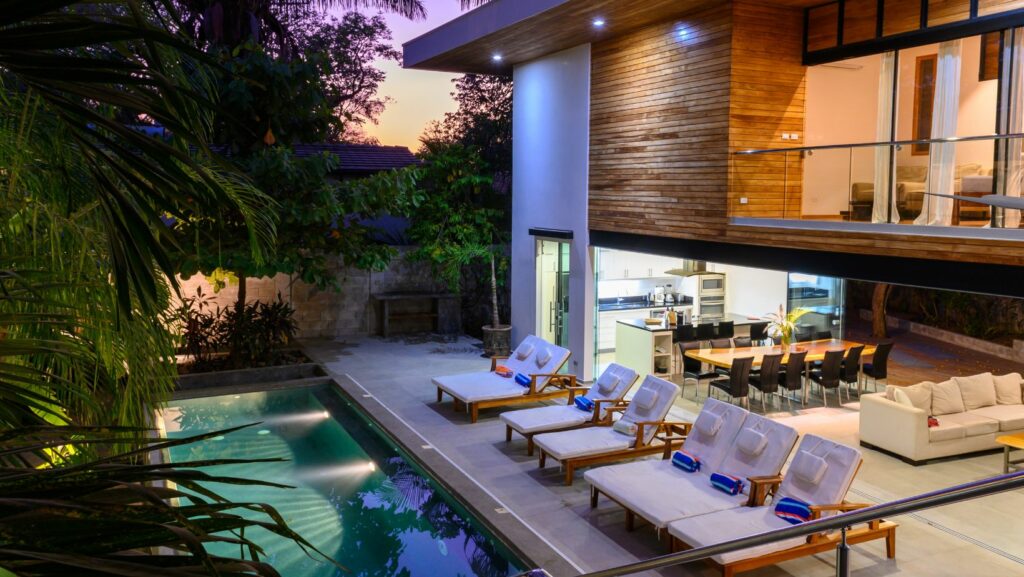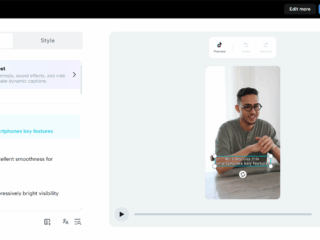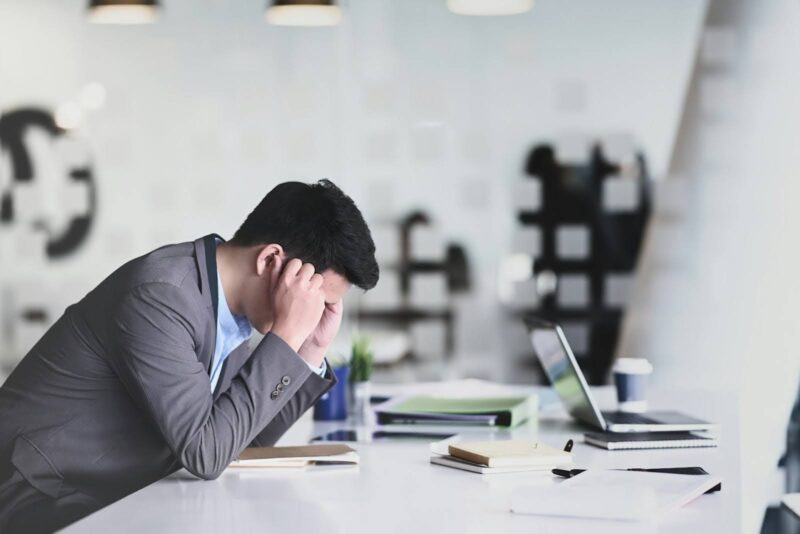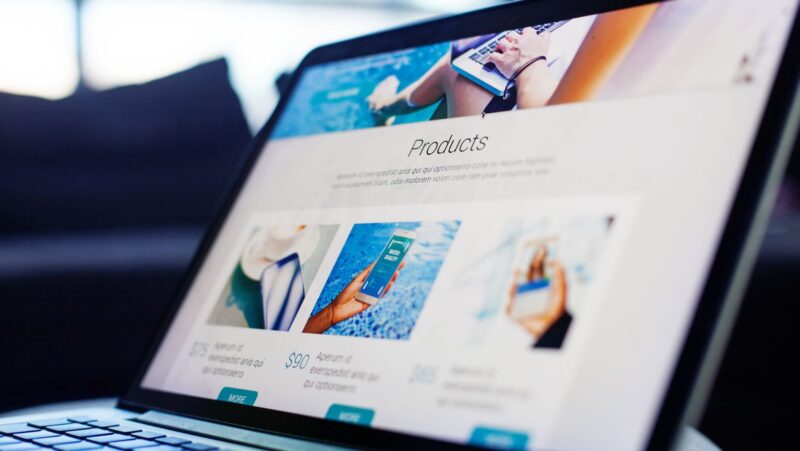
Thanks to companies like Airbnb, Vrbo, and even Booking.com, there has been a significant rise in the number of homeowners who are renting out their properties to holidaymakers on a short-term basis in the last decade, with businesses like Park Place Properties Florida helping property owners manage their vacation rentals.
Some people do this to fund their concurrent travels, while others simply make a profit by staying with relatives or in hotels that cost them less money per night than they are letting their own homes out for.
Subsequently, what used to be a niche market for group holidays and family get togethers, has now turned into a good side hustle or mainstream business venture for many who own their homes.
But what happens if you want to tap into this opportunity? Here are six things you should do to turn your home into a vacation property.
1. Depersonalise the Space
Before renting out your home, it’s important to clear out your personal items like clothes, photos, computers, and other valuable possessions. The reason for doing this is two-fold.
Firstly, you will want to protect the things that have value – whether that be financial or sentimental – from being damaged or stolen. Also, you should aim to create a space that is as neutral as possible, just like a hotel room to ensure your guests do not feel uncomfortable about being in your home.
2. Put them in a Storage Facility
Once you have gathered together the possessions you want to keep safe, you will need to work out the best way to do that.
One solution is to pack them all away in a locked room or shed that your guests won’t be able to access. Alternatively, if you don’t have that much storage space available in your home, and in particular, if you have bulky items you want to keep hidden, you might consider renting out a garage at a storage facility.
If you can’t carry all the items to the storage facility yourself, for instance, because you are taking bulky furniture or relocating interstate, you can use Muval to find removalists to transport them for you.
3. Deep Clean
With your treasured possessions safely stored away, the next thing you should do is a deep clean.
If you are serious about generating a regular income from renting out your property as a vacation home, it is important that it looks sparkling clean. Platforms like Airbnb and Vrbo both encourage user reviews from those who have stayed at one of the accommodations that feature on their sites. Therefore, it is within your interests to ensure the presentation of your home is up to the expected standard.

It is worth giving your property a deep clean to make sure you don’t receive any negative feedback. At the same time, fix anything that is broken or looks unsightly. You only have one chance to make a good first impression.
If you can’t manage the deep cleaning yourself, consider hiring a professional company to do it for you.
4. Install Smart Locks
For those who will be in the area when their properties are booked by vacationers, you could always hand them the house keys yourself. However, if you plan to be away, or the guest will be arriving an inconvenient time, it is worth relying on another method such as smart locks.
One common example is a coded lock box which has the front door key inside it. You can send the guest the code via text message, and they can let themselves in on their arrival.
Another good option is to install a keyless entry system which can be used for the main entrances of your property.
Whichever way you decide, just make sure you change the code to something unique as soon as the guests leave.
5. Extra Supplies
When renting out your property, you will have to ensure that you provide certain amenities for your guests.

This typically includes bedsheets, bedding, extra pillows, towels, and toiletries within the bathroom, such as soap, shampoo and conditioner.
Often it also incorporates continental breakfast items like jams, cereal, bread, butter, pastries, tea coffee and milk.
These little extras make or break your guest’s stay and can be the difference between you receiving a positive or negative review about their overall experience.
6. Re-evaluate Your Insurance
Lastly, it is important to get insurance or at least re-evaluate your current insurance coverage. You never know what might happen to your home in terms of damage (accidental or otherwise) or will need general maintenance.
Subsequently, it is a good idea to make sure you are covered for any eventuality.












